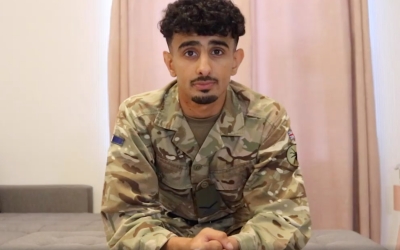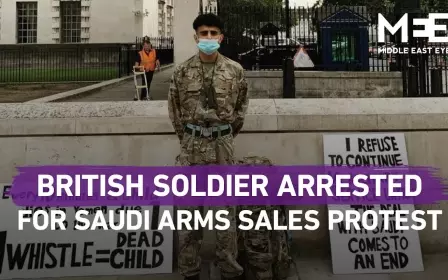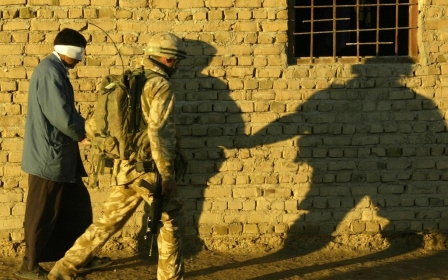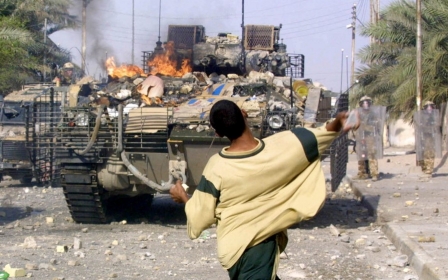Council of Europe issues press freedom alert after UK blacklists site over Yemen coverage
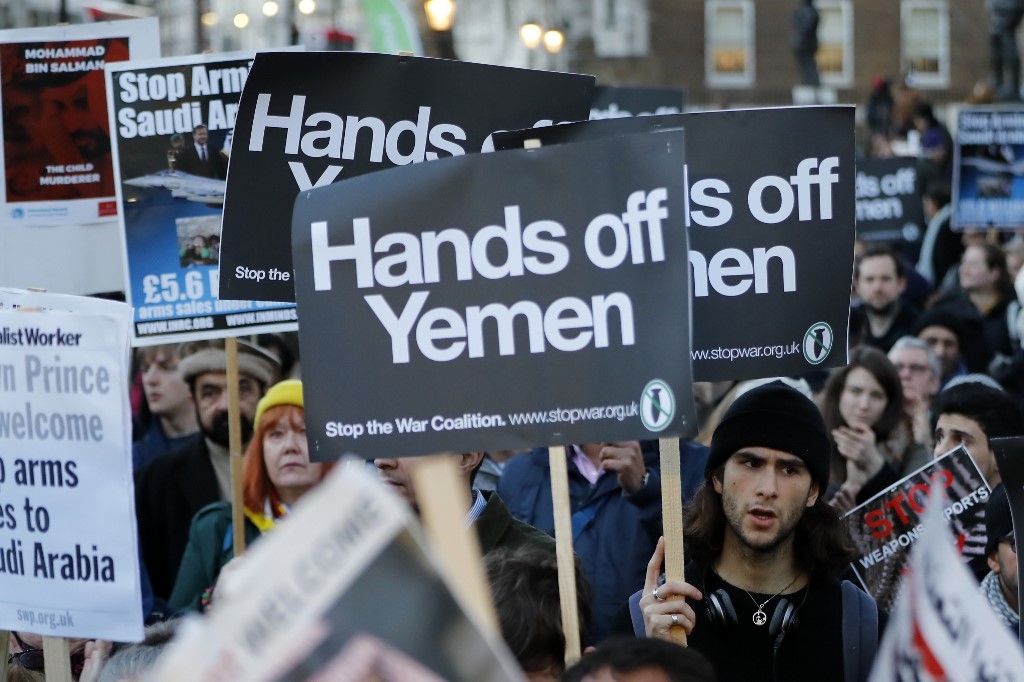
Censorship concerns are mounting in Britain after the Council of Europe issued a level-two press freedom alert over a UK Ministry of Defence decision to blacklist Declassified UK, a military and foreign policy news website.
Declassified UK discovered on 25 August that had it had been blacklisted by the MOD because of its coverage of the war in Yemen. It had just submitted a request for comment on the arrest the day before of British-Yemeni soldier Ahmed al-Babati for his protest in London against UK arm sales to Saudi Arabia.
During the exchange, a press officer from the MOD asked Declassified UK journalist Phil Miller what "sort of angle" the publication took on the war in Yemen.
Later, when Declassified UK asked why it was not provided the same comment given to the Telegraph over Babati's arrest, the MOD said: "My understanding from the office is that we no longer deal with your publication."
The UK in early July resumed licensing new arms sales to Saudi Arabia, which is leading a coalition fighting against rebel Houthis in Yemen.
The Council of Europe's level-two press freedom alert means the UK government must provide a formal response to why it blacklisted Declassified UK over its coverage of the war in Yemen. The 47-member Council of Europe, which is distinct from the European Union, has the stated aim of upholding human rights, the rule of law and democracy in Europe.
Mark Curtis, the editor of Declassified UK, said the "Council of Europe's alert is significant, since it now highlights international concern, from a respected body, about the MOD's stance towards an independent media organisation".
He told Middle East Eye: "Declassified is being blacklisted because we are consistently revealing what UK government policies actually are. This is unusual for a British media organisation, and the MOD is used to dealing with compliant, client journalists.
"The UK national media routinely parrot information coming from the MOD, in return for maintaining access. We're not playing that game, since the public deserves to know the truth about British policies."
Curtis said the MOD stopped providing comments to Declassified UK after it published a story on how Britain's security services had been training intelligence officers from Saudi Arabia and Egypt.
The MOD did not respond to multiple requests for comments from Middle East Eye at the time of writing.
The National Union of Journalists and the International Press Institute also wrote to the UK Ministry of Defence and the Secretary of State for Defence asking them to clarify why it had provided a comment to the Telegraph and not to Declassified UK.
Middle East Eye delivers independent and unrivalled coverage and analysis of the Middle East, North Africa and beyond. To learn more about republishing this content and the associated fees, please fill out this form. More about MEE can be found here.


